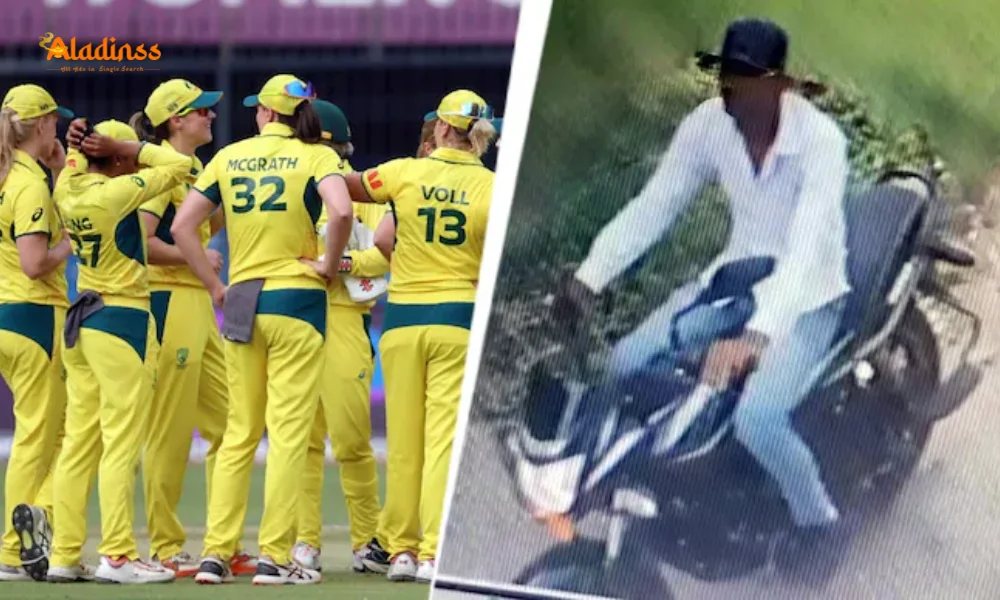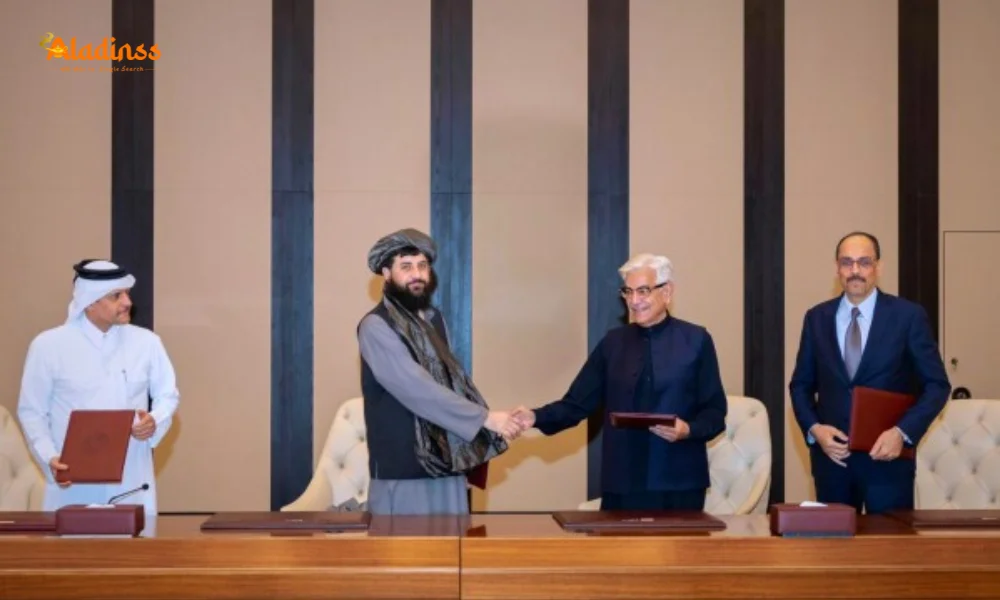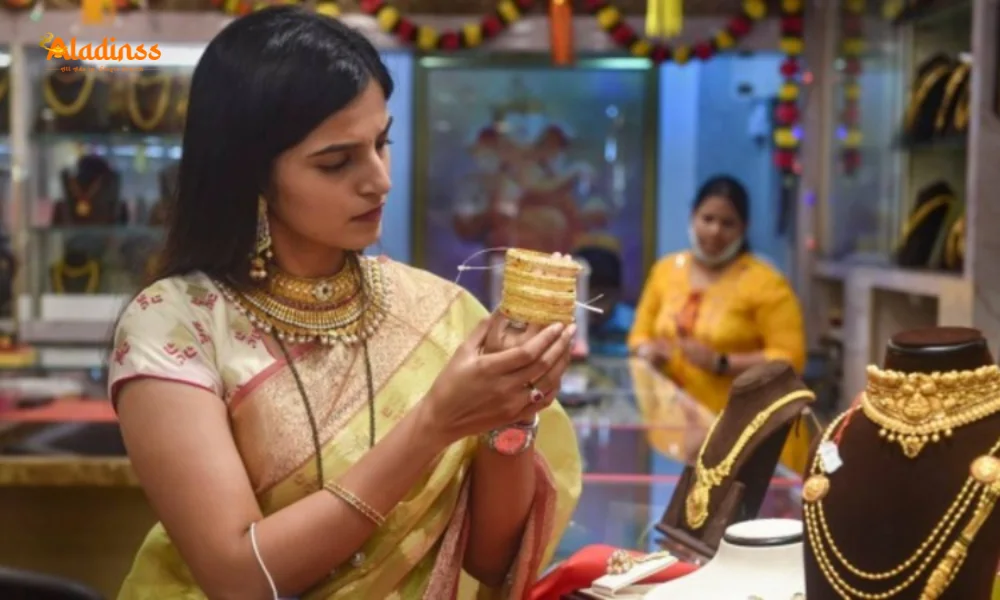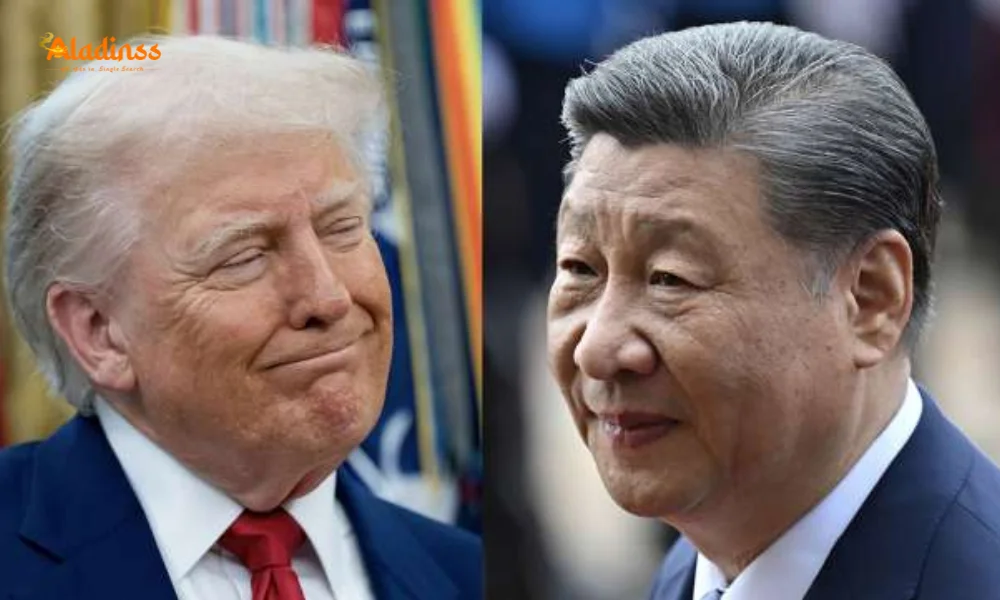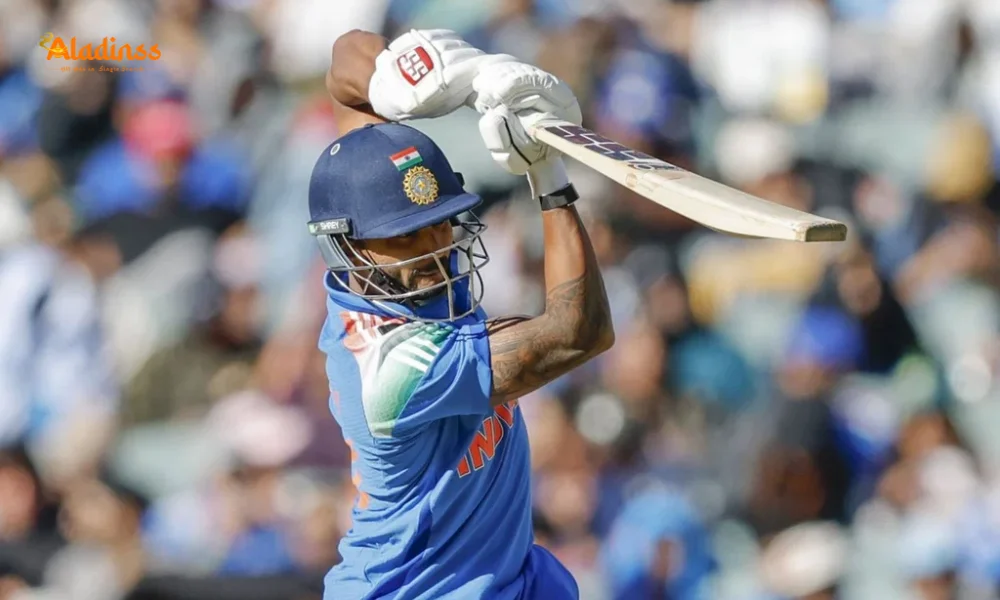Sushila Karki: Nepal’s BHU-Educated Interim Leader
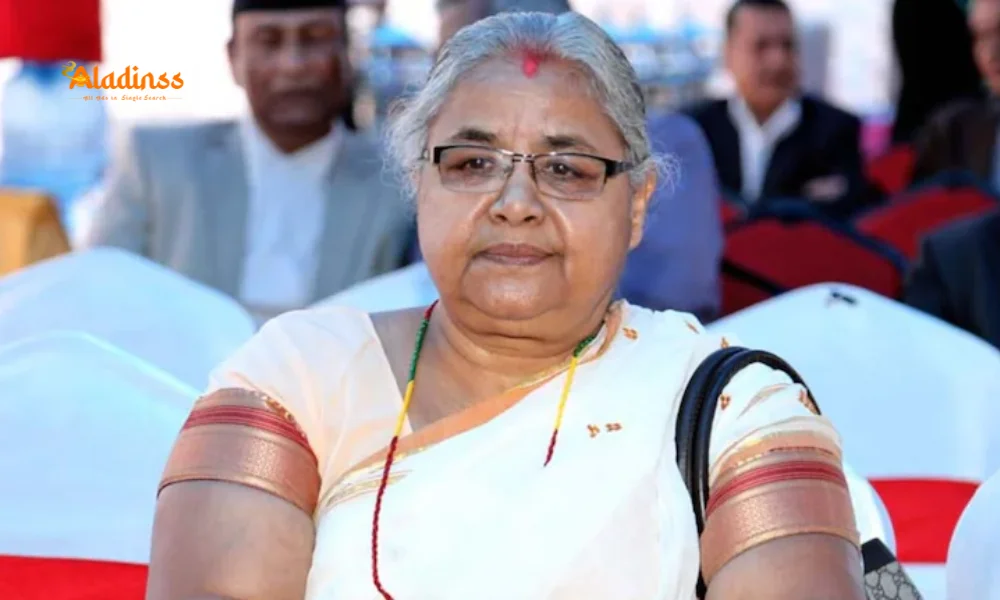
Sushila Karki: Nepal’s Interim Leader with BHU Roots
In a significant development in Nepal’s political landscape, former Chief Justice Sushila Karki has emerged as the Gen Z protesters’ choice to lead the country’s interim government following the resignation of Prime Minister KP Sharma Oli and President Ram Chandra Paudel. The decision was made during a virtual meeting of over 5,000 young Nepalese on September 11, 2025, signaling a shift towards a non-partisan leadership amid recent unrest. Karki, a Banaras Hindu University (BHU) alumna known for her fearless anti-corruption stance, is poised to make history as Nepal’s potential first female Prime Minister. This breaking news has captured global attention, with Karki’s Indian connection and judicial legacy adding depth to her candidacy.
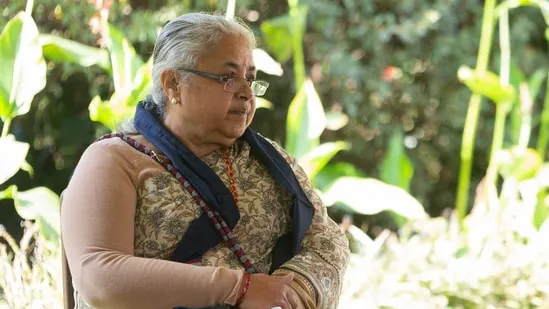
Who is Sushila Karki?
Sushila Karki, born on June 7, 1952, in Biratnagar, Nepal, is a distinguished jurist who made history in 2016 as the first female Chief Justice of Nepal’s Supreme Court. Renowned for her zero-tolerance policy towards corruption, Karki has earned widespread respect among Nepalese citizens for her bold and impartial judgments. Her career trajectory, from a teacher to a senior advocate and eventually the Chief Justice, reflects her dedication to justice and reform. Karki’s selection as the interim leader by Nepal’s youth movement underscores her reputation as a neutral and credible figure capable of steering the nation through its current political turmoil.
Karki’s educational journey began at Mahendra Morang Campus in Biratnagar, where she earned her Bachelor of Arts degree in 1972. She then pursued a Master’s degree in Political Science at Banaras Hindu University (BHU) in Varanasi, India, graduating in 1975. Her time at BHU left a lasting impression, as she fondly recalls her teachers, friends, and the cultural experiences that shaped her worldview. Karki later completed her Bachelor’s degree in Law from Tribhuvan University in Nepal in 1978, setting the stage for her illustrious legal career.
Nepal’s Political Crisis and Karki’s Rise
Nepal has been grappling with significant political unrest, triggered by widespread youth protests against corruption, nepotism, and a controversial social media ban. The protests, led by Gen Z activists, turned violent, resulting in the resignation of Prime Minister KP Sharma Oli and President Ram Chandra Paudel. With the Nepal Army stepping in to maintain order, the youth movement sought a neutral leader to guide the country through this transitional phase. After a marathon virtual meeting involving over 5,000 participants, Sushila Karki emerged as the consensus choice, edging out other contenders like Kathmandu Mayor Balen Shah.
Karki’s selection reflects the protesters’ desire for a leader untainted by political affiliations and known for integrity. In an exclusive interview with CNN-News18, Karki expressed her readiness to take on the responsibility, stating, “The Gen-Z group has placed its trust in me to lead the government. I am ready to do the job in the interest of the country.” Her commitment to national interest and her judicial legacy make her a compelling choice for Nepal’s interim leadership.
Karki’s Connection with India and BHU
Sushila Karki’s ties to India, particularly her time at Banaras Hindu University, have been a focal point of her recent statements. In her CNN-News18 interview, she spoke warmly about her experiences at BHU, where she studied in the early 1970s. “I studied at Banaras Hindu University. I have many friends in India. I remember many of the teachers from the university. The relationship with India, which is many years old, is very good. India has helped Nepal a lot,” Karki said, highlighting the deep cultural and personal connections she forged during her time in Varanasi.
Karki also expressed admiration for Indian leaders, particularly Prime Minister Narendra Modi, stating, “I was very impressed by Indian leaders. My Indian friends treated me like a sister. I have a good impression of Prime Minister Narendra Modi.” Her positive remarks underscore the strong people-to-people ties between Nepal and India, despite the complexities of government-to-government relations. Karki’s nostalgia for her BHU days, where she also learned dance, adds a personal dimension to her public persona, making her relatable to many.
Karki’s Judicial Legacy
Sushila Karki’s tenure as Chief Justice of Nepal’s Supreme Court from July 11, 2016, to June 7, 2017, was marked by landmark rulings that solidified her reputation as a crusader against corruption. One of her most notable judgments involved the conviction of a sitting minister for graft, a bold move that demonstrated her commitment to justice. She also delivered significant rulings on women’s rights, including the right to confer citizenship to their children, a privilege previously limited to men. These decisions earned her widespread acclaim but also led to conflicts with the political establishment.
In 2017, Karki faced an impeachment motion from the ruling coalition, led by the Maoist Centre and Nepali Congress, following her court’s decision to overturn the government’s appointment of a police chief. The motion accused her of bias and overstepping judicial authority, but it was withdrawn after public pressure and an interim Supreme Court order. This episode highlighted Karki’s resilience and her ability to stand firm in the face of political challenges, further cementing her legacy as a fearless jurist.
Karki’s Early Career and Personal Life
Born into a farming family in Biratnagar, Karki was the eldest of seven siblings. Despite her father’s desire for her to pursue medicine, she chose a path in law, driven by a passion for justice. Her early career included a brief stint as an assistant teacher at Mahendra Multiple Campus in Dharan in 1985. She began practicing law in Biratnagar in 1979 and rose to become a senior advocate in 2007. Karki was appointed as an ad-hoc Justice of the Supreme Court in 2009 and became a permanent Justice in 2010, culminating in her historic appointment as Chief Justice in 2016.
Karki’s personal life is equally compelling. While studying at BHU, she met Durga Prasad Subedi, a prominent youth leader of the Nepali Congress, whom she later married. Subedi, described by Karki as her “most dependable friend and guide,” was involved in a notable 1973 plane hijacking to fund the Nepali Congress’s armed struggle for democracy. Karki’s association with Subedi and her student activism with the Nepali Congress during her BHU years shaped her early political consciousness, though she has since maintained a non-partisan stance.
Why Gen Z Chose Karki
The Gen Z-led protests in Nepal were fueled by frustration over corruption, nepotism, and a government-imposed social media ban, which escalated into violent clashes claiming several lives. The youth movement, seeking a leader untainted by political affiliations, turned to Karki for her impeccable record and neutrality. Her selection over other contenders, including Kathmandu Mayor Balen Shah, reflects the protesters’ trust in her ability to restore stability and uphold democratic values.
Karki’s commitment to holding elections and handing over power to elected leaders aligns with the protesters’ demands for constitutional reforms and a corruption-free administration. Her judicial background and reputation for independence make her a unifying figure in a nation grappling with political uncertainty. The virtual meeting, where participants used anime avatars to maintain anonymity, underscored the modern, tech-savvy nature of Nepal’s youth movement, which sees Karki as a bridge between tradition and progress.
What Lies Ahead for Nepal
As Nepal navigates this transitional phase, Karki’s leadership will be closely watched. Her role as interim leader, pending approval from the Nepal Army Chief General Ashok Raj Sigdel and President Ram Chandra Paudel, could mark a turning point for the country. If appointed, Karki is expected to oversee a transitional process, including fresh elections and potential constitutional reforms, in line with the demands of the Gen Z protesters. Her lack of political experience is seen as an asset, ensuring her decisions are guided by integrity rather than partisan interests.
The international community, particularly India, is closely monitoring developments in Nepal given the strong bilateral ties. Karki’s positive remarks about India and her BHU connection have resonated with Indian audiences, reinforcing the deep cultural and historical bonds between the two nations. Her leadership could pave the way for strengthened Nepal-India relations, especially in areas like trade, education, and regional cooperation.
Public and Global Reactions
The announcement of Karki as the interim leader has sparked widespread reactions, both within Nepal and internationally. Social media platforms are abuzz with hashtags like #SushilaKarki, #NepalProtests, and #GenZMovement, reflecting the public’s enthusiasm and hope for change. Nepalese citizens, particularly the youth, have expressed optimism about Karki’s ability to address corruption and restore stability. Her BHU connection has also garnered attention in India, with alumni and media outlets highlighting her journey from Varanasi to Nepal’s potential leadership.
Globally, Karki’s rise draws parallels with other interim leaders, such as Bangladesh’s Muhammad Yunus, who took charge after a student-led uprising. Analysts see her appointment as a testament to the power of youth movements in reshaping political landscapes. As Nepal moves towards stability, Karki’s leadership will be a focal point for discussions on democracy, governance, and anti-corruption measures in the region.
Comment / Reply From
No comments yet. Be the first to comment!
